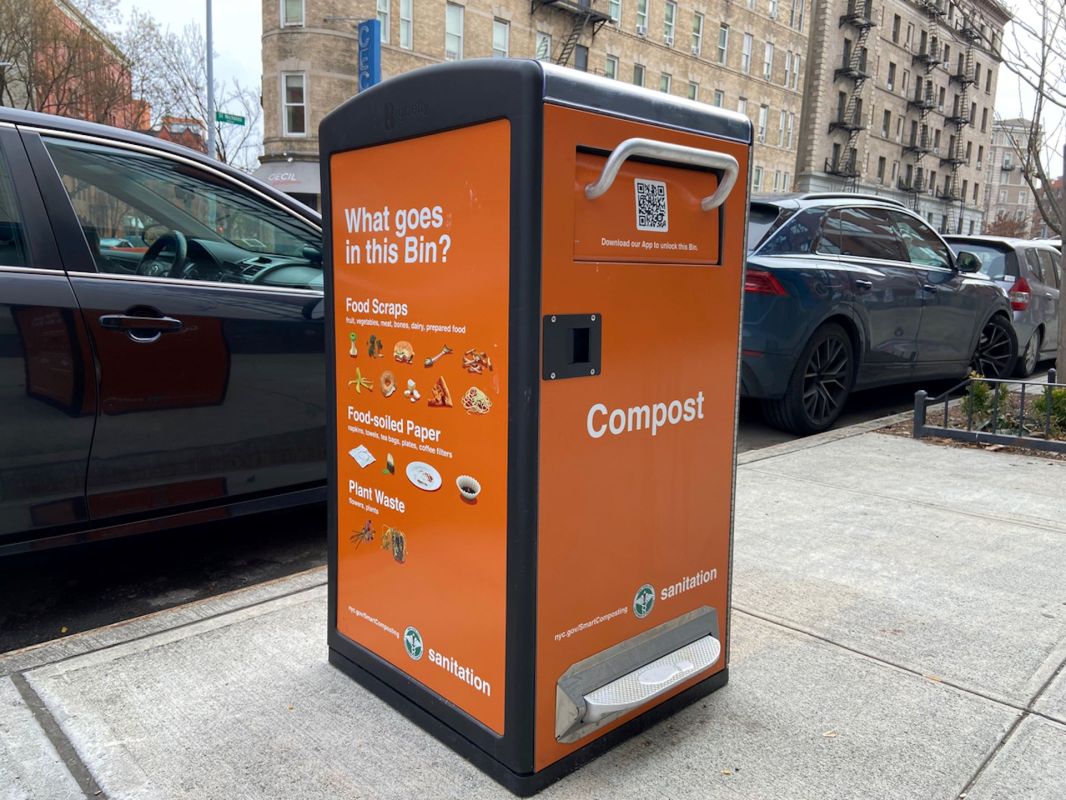New York City is implementing a new mandatory composting program that will transform how its residents approach trash disposal.
The Big Apple is rolling out a new residential composting system that will encourage New Yorkers to separate their green waste from non-organic trash, according to Axios.
🗣️ What single change would make the biggest dent in your personal food waste?
🔘 Not buying food I don't need 🧐
🔘 Freezing my food before it goes bad 🧊
🔘 Using my leftovers more effectively 🍲
🔘 Composting my food scraps 🌱
🗳️ Click your choice to see results and speak your mind
Queens was the first borough to adopt the program, while Brooklyn is up next this month. Staten Island and the Bronx will come in the spring of 2024, while Manhattan will take on the program next fall.
This initiative could have economic benefits as well as environmental benefits since compostable materials have a market value. After a similar program in Seattle, the city said on their website, "the income generated keeps solid waste bills lower than they would otherwise be."
Residents of the United States' largest city will be asked to separate their yard and food waste from other types of trash so that green-waste collectors can dispose of household compost via curbside pickup. In the spring of 2025, residents will receive a fine for not complying with the program.
The green waste collected through the composting program will be converted into compost for fertilizing crops or biogas that can heat buildings. The city has also debuted orange composting bins on sidewalks, which are expected to help reduce rat infestation.
Food waste is a massive problem in the United States. According to the Environmental Protection Agency, the amount of food that Americans waste every year creates the equivalent planet-warming pollution as over 42 coal-fueled power plants and uses an amount of agricultural land equal to the size of California and New York combined.
Composting helps to reduce food waste by allowing organic scraps to be converted into useful materials like fertilizer rather than letting them waste away in landfills where they pollute the planet.
"I think it's going to become one of the hallmarks of modern cities," Jessica Tisch, New York City's sanitation commissioner, told Axios. "If you cook it or you grow it, you can throw it."
"It's probably the most significant change in how New Yorkers dispose of and collect their trash since the adoption of the recycling program in 1989," Eric Goldstein, NYC's environmental director for natural resources, told Axios.
Join our free newsletter for cool news and actionable info that makes it easy to help yourself while helping the planet.









